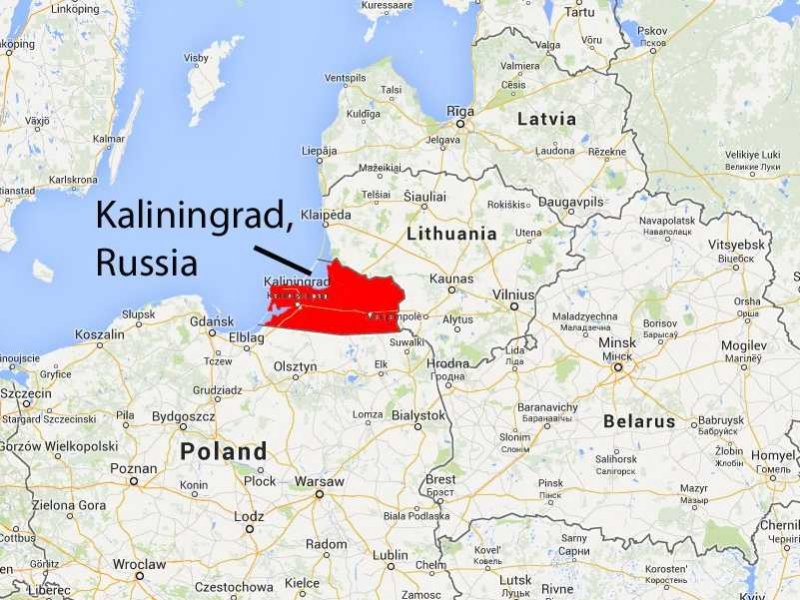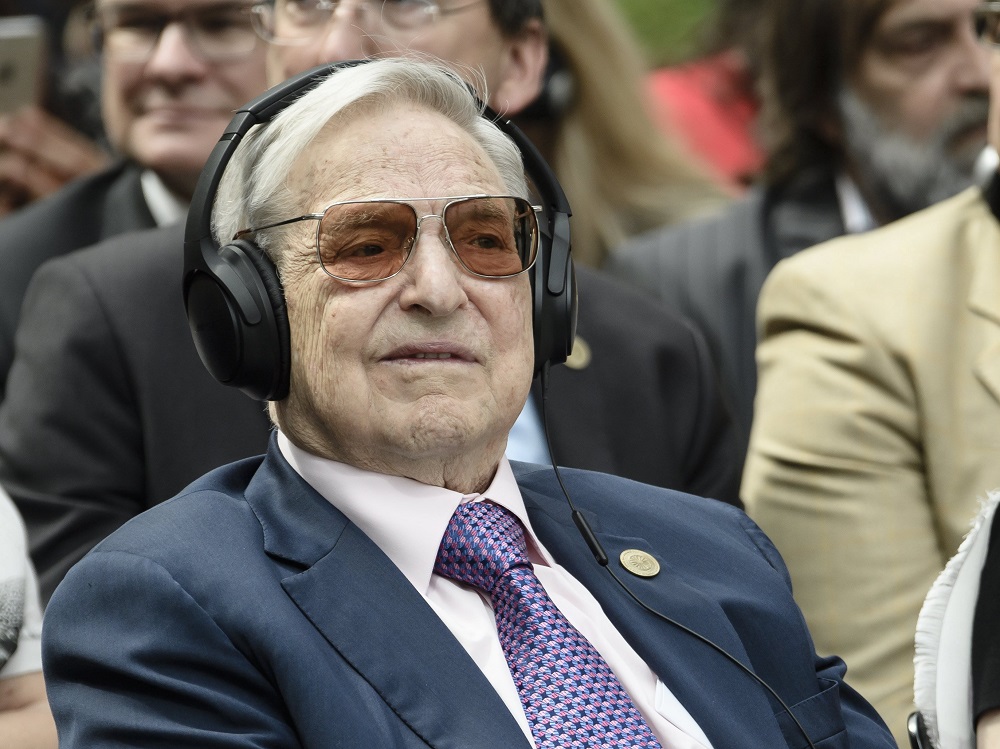By the Visegrád Post Editorial Staff.
Hungary – The saga of Fidesz and the EPP has seen a turning point on Monday, May 6, 2019: three weeks ahead of the European elections, the Hungarian Prime Minister Viktor Orbán received in Budapest the Austrian Vice-Chancellor Heinz-Christian Strache (FPÖ). The visit comes a few days after the visit of Matteo Salvini, whose party is expected to win the European elections in Italy.
Answering questions from the press, Orbán said that the Hungarian government can not support the candidacy of Manfred Weber (who is the EPP’s Spitzenkandidat for the Presidency of the European Commission, to which Fidesz still belongs, despite its suspension).
At the end of March 2019, Manfred Weber had declared that if he needed the votes of Fidesz MEPs to be elected President of the Commission, he would then prefer not to be elected. So far, one of the only reactions from the Hungarian government came from Judit Varga, Minister in charge of relations with the EU. And the evocation of a future of Fidesz outside of the EPP had remained very measured.
Orbán added that the Hungarian government was looking for another candidate to support for the presidency of the Commission.
Taking example on the Austrian government that brings together the conservatives of the ÖVP and the populist right of the FPÖ, Orbán advocates the same alliance at the European level. Contrary to much of the EPP figures, Orbán advocates an alliance of the EPP with the groups on its right in the European Parliament, rather than with the liberals of the ALDE and even the Socialists. This is the reason why, according to the statements of the Prime Minister, Fidesz remains in the EPP trying to make its line prevail within the largest European political family.
The delaying of the Brexit (if this one actually would be enforced one day) could also have a considerable impact on the electoral game that will follow the European election (choice of the President of the Commission, the European Commissioners, and the chairpersons of the European Parliament’s committees). Indeed, at present, the renewal of the British contingent will be at the expense of the EPP, since the British Conservatives sit in the ECR group with the Polish PiS, the Labor sits in the Socialist Group, while polls announce Nigel Farage’s historic Brexit Party victory.
Let us also note that this declaration of rupture between Orbán and Weber comes at a time when Hungarian diplomacy is particularly active: in crisis with the EPP, Orbán received his Polish ally in Budapest for the commemorations of March 15; in April, Orbán made a multi-day trip to Asia where he was received by Chinese President Xi Jinping; at the beginning of May, Orbán received the populist leaders Salvini and Strache in Budapest. And on May 13, for the first time in over a decade, the Hungarian prime minister will be received at the White House by US President Donald Trump.




